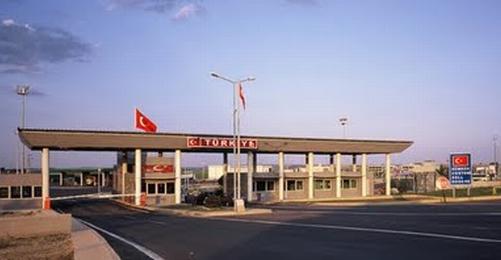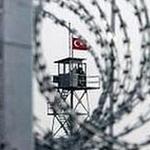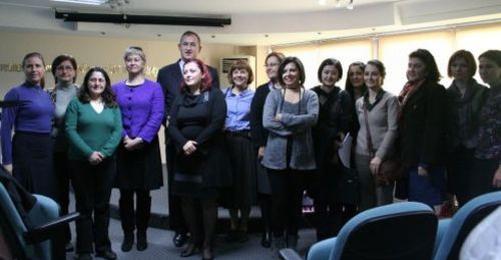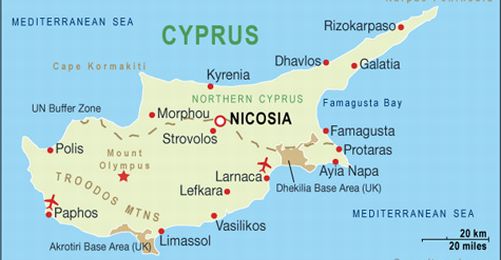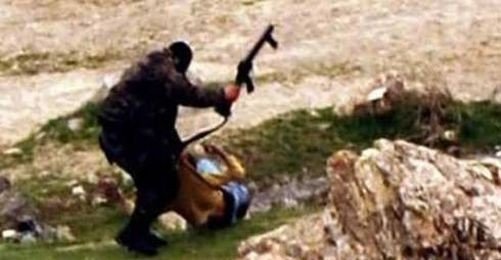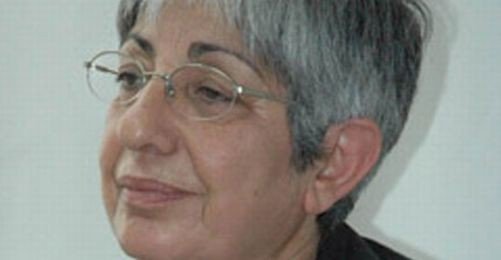"Every country is responsible for its border regulations. A solution is seldomly reached by putting up a fence during a huge wave of immigration. It is important to protect the border controls of a country by including mechanisms that allow people to make claims for asylum".
Metin Çorabatır, spokesperson of the United Nations High Commissioner for Refugees (UNHCR), criticized the plan to put up a 13 km fence between Greece and Turkey in the region of Meriç (north-western Turkey) as an answer to the recent developments. Çorabatır said that a fence would not solve the problem.
It is planned to put up a fence on the length of approximately 13 kilometres on the border between Greece and Turkey in order to prevent refugees from entering Greece.
The route through Turkey to Greece is quite frequented by refugees and immigrants from Asia, Africa and the Middle East on their way to enter Europe. The media often reports about people who lost their lives or were caught while trying to cross the border on land or via the Aegean Sea. The people who get caught are being detained under inhumane conditions and deprived of their basic rights.
In an interview with bianet, Çorabatır pointed out that the asylum system in Greece is about to collapse and that the country does not meet the needs accordingly.
The importance of the Meriç region stems from the following circumstances:
"There is actually no difference in the number of people who entered the country in 2009 and 2010. However, the border traffic in the Meriç region has quintupled. Since the control on the Aegean Sea by Frontex, the crossing shifted to the north", the UNHCR spokesman explained.
Çorabatır emphasized that reality shows the uselessness of a fence. "Even if you put up a fence, the people who need protection will find another way to enter".
Support of the EU necessary
Çorabatır indicated that efforts were made from three different sides to improve the asylum system. The UNHCR warned both Greece and Turkey and also provided support. The European Union (EU) was also called to support both countries.
The enlarged EU established Frontex in 2005 to provide the security of its borders. Even though the border security actually falls under the responsibility of each country, Frontex is operating as an agency with the necessary expertise and coordination.
Çorbatır pointed to an imbalance within the EU. He said that refugees prefer countries with better living conditions and more liberal asylum regulations. However, according to the Dublin 2 Agreement, it was decided that the procedures of the refugees have to be done in the country of entry.
"A person is caught in Germany for instance but entered the EU via Greece. In that case, Germany sends the person back to Greece. We want this application to be stopped".
Problems in Turkey
Çorabatı added that efforts are being taken in Turkey for a series of necessary regulations.
The government has to abandon the policy of not accepting refugees from non-European countries. The reservation put on the Refugees Convention should be lifted. Refugees and asylum seekers are experiencing problems regarding their living conditions.
According to the UNHCR 2010 report, there are a total of 10,350 refugees in Turkey under the protection of the UNHCR. 5,987 of them applied for asylum, 26 refugees returned to their countries. (EÜ/EÖ/VK)





